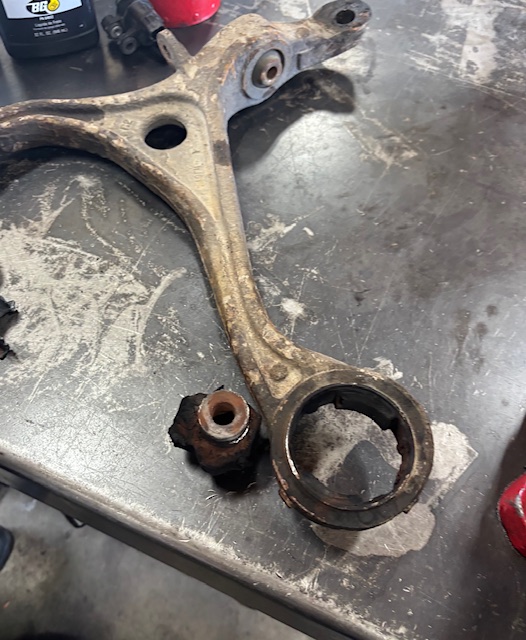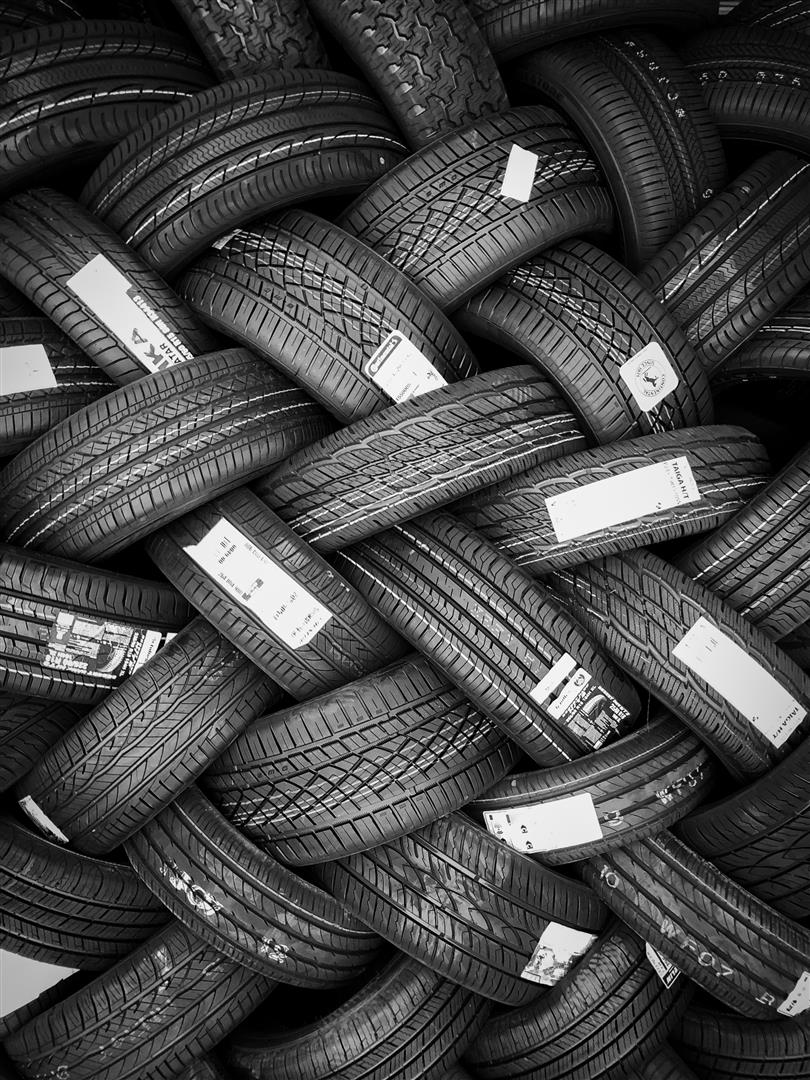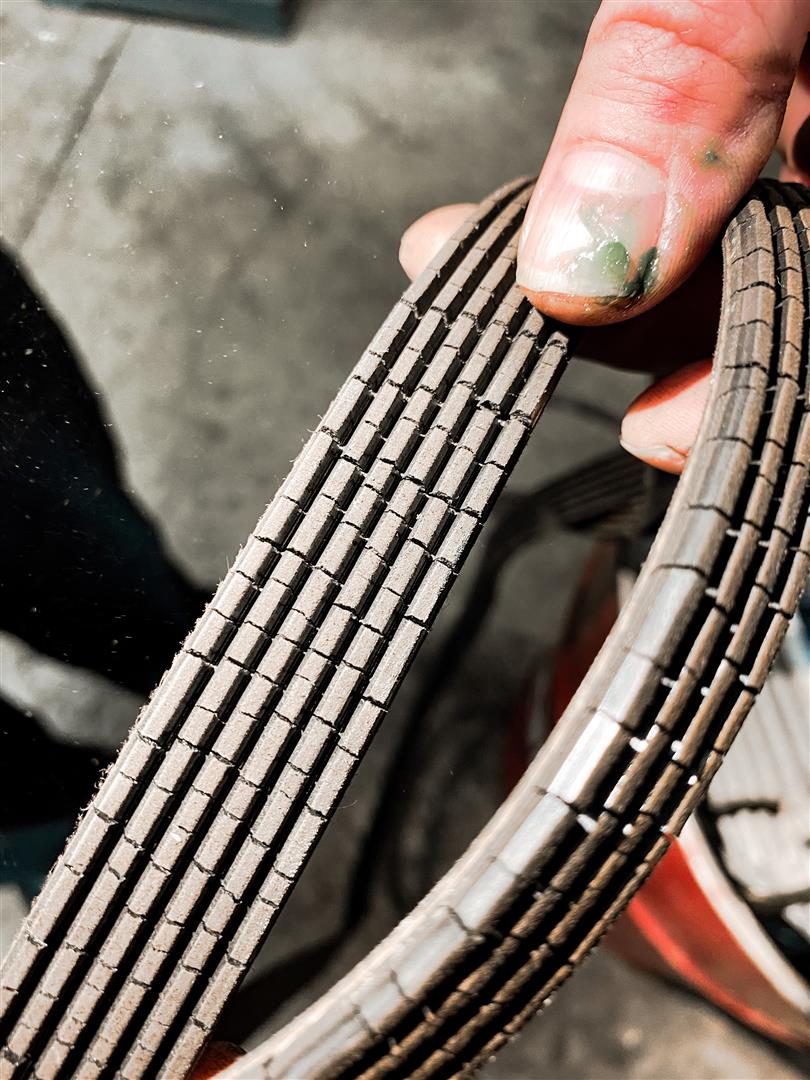Posted on 10/23/2025

Why Repairs Get Harder as Your Car Gets Older As your vehicle ages, regular maintenance and repairs can start to take a little longer — and sometimes cost a little more. It’s not because technicians are taking their time; it’s because older parts don’t always cooperate like they used to. Over the years, exposure to the elements and everyday driving conditions can take a toll on even the best-maintained vehicles. Corrosion and Rust: The Silent Culprits One of the biggest challenges with aging vehicles is corrosion. Moisture, humidity, and oxygen cause metal components to slowly rust. Add in Utah’s winter road salt, and corrosion can happen even faster. That white crusty buildup you sometimes see on bolts or undercarriage parts? That’s oxidation — and it can make simple repairs much more difficult. When metal parts fuse together with rust, bolts seize, brackets break, and lines can become fragile. A job that m ... read more
Posted on 9/24/2025
.jpg)
The Importance of Preventative Maintenance for Your Vehicle When it comes to owning a vehicle, most drivers focus on filling the gas tank, changing the oil occasionally, and keeping it clean. But what many overlook is one of the most important aspects of car ownership: preventative maintenance. Preventative maintenance is all about taking care of your vehicle before problems arise. It involves routine inspections, services, and small repairs that help keep your car running smoothly and safely. Think of it like going to the doctor for a check-up—catching issues early can save you time, money, and frustration down the road. Why Preventative Maintenance MattersSaves Money in the Long Run Skipping maintenance might feel like you’re saving money now, but small issues can quickly turn into costly repairs. For example, ignoring a simple oil change can lead to engine damage that costs thousands to fix ... read more
Posted on 9/17/2025

How Much Is My Car Worth? Should I Repair or Replace It? One of the most common questions car owners ask is: “How much is my car worth?” When a repairs large or small come up with your current vehicle makes you stop and think, Is this worth fixing? Should I just buy new? Knowing the answer helps you decide whether it makes more sense to invest in repairs or start shopping for something new. Step 1: Check Online Car Value Tools There are several free resources that give you an estimate of your car’s value: Kelley Blue Book (KBB.com)Edmunds.comNADA GuidesLocal dealership trade-in tools These sites ask for your vehicle’s year, make, model, mileage, and condition. Once entered, you’ll get a price range ... read more
Posted on 12/26/2024

Tires are the unsung heroes of your vehicle. They provide traction, ensure smooth handling, and play a critical role in your overall safety. However, like all components, they wear out over time and need replacement. Knowing when to replace your tires is essential for keeping your car safe and performing at its best. Key Signs You Need New TiresTread Depth: The tread on your tires provides the grip necessary for safe driving. Over time, this tread wears down. Use the "penny test" to check your tread depth: Insert a penny into the tread with Lincoln’s head facing downward. If you can see all of Lincoln’s head, it’s time for new tires. Ideally, replace them when tread depth falls below 2/32 of an inch. Cracks and Bulges: Tires exposed to extreme weather or simply aging can develop cracks in the sidewall or bulges. These are signs that the tire structure is compromised, which can lead to blowouts. ... read more
Posted on 8/6/2024

The Importance of Serpentine Belt Replacement and Symptoms of a Worn Belt The serpentine belt is a crucial component of your vehicle's engine, responsible for driving multiple peripheral devices such as the alternator, power steering pump, water pump, and air conditioning compressor. Keeping this belt in good condition is vital for the proper functioning of your car. Here’s why timely serpentine belt replacement is important and how to recognize the signs of a worn belt. Why Replace the Serpentine Belt? 1. Prevent Engine Overheating: The serpentine belt drives the water pump, which circulates coolant through the engine. A failed belt can cause the engine to overheat, leading to significant damage. 2. Maintain Power Steering: Without a functioning serpentine belt, the power steering pump won't operate, making the vehicle difficult to steer and increasing the risk o ... read more